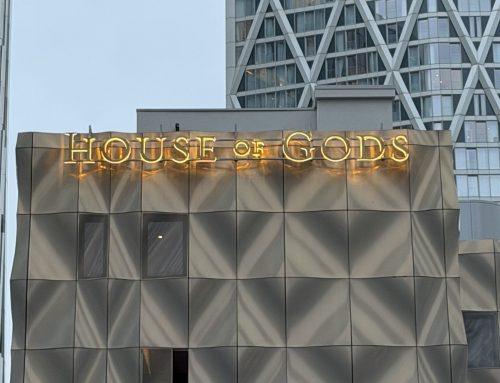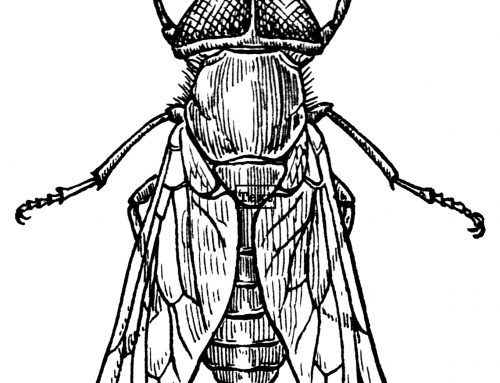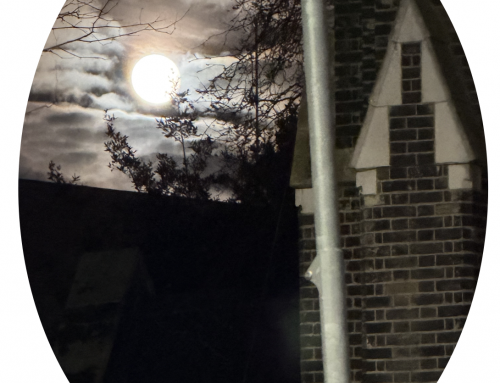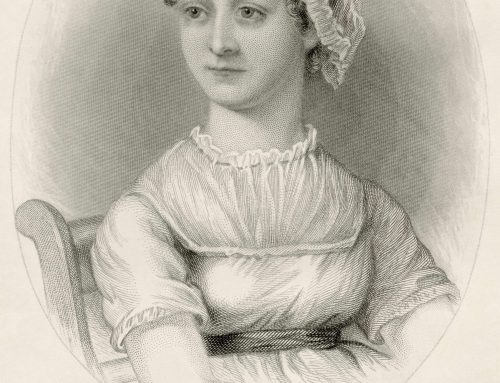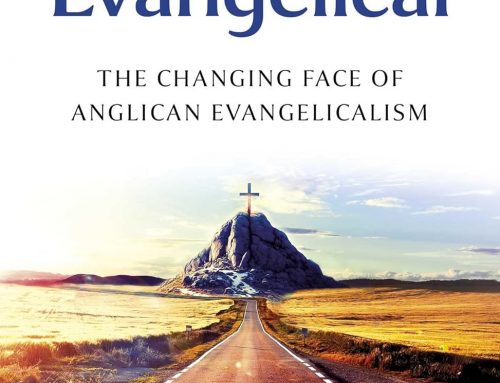Archepiscopal vacancy
Editorial
The Rev’d Dr. Nicholas Henderson
Editor: Anglicanism.org

The recent resignation of Justin Welby as Archbishop of Canterbury, at first resisted, became almost inevitable. The astonishing and appalling nature of the sado-masochistic proclivities inflicted on well over a hundred young male victims in the UK and then in South Africa and Zimbabwe, by the late John Smyth QC in the name of religion have ensured that there would eventually be collateral damage, not least on the victims themselves. It is the Church of England under which auspices Smyth operated that must be most alarmed.
The ‘Independent Learning Lessons Review John Smyth’ led by Keith Makin, published 18th October 2024[i]revealed in extensive detail the extreme nature of Smyth’s activities and the failures of the Church of England, various institutions and individuals to act both in defence of the victims and in reporting matters to the police for action. A catalogue of missed opportunities and cover-ups has been revealed. Protecting the Church and various high-ranking individuals has failed and a calamitous situation has not yet been fully resolved even by such a high profile resignation.
The Church of England already has (instigated ironically in the out-going Archbishop’s time) quite ferocious safeguarding policies in place for those with any kind of role or responsibility. Registration and training are de rigueur yet even these are now likely to be deemed inadequate. Once again the Church of England, already it seems in terminal decline, has allowed itself to be caught up in circumstances that are about as far from preaching the Gospel as could be imagined.
Meanwhile, almost perversely across the Atlantic a convicted felon and self-proclaimed grouper of women has been convincingly elected as the next President of the United States of America. Of particular note is the cult-like status bestowed on Donald Trump amongst conservative Evangelical Christians. Encouraged by their leaders many otherwise socially conservative believers see this man as somehow divinely ordained to the role. His near brush with a would-be assassin’s bullet has reinforced a fervent support for Trump and his mantra ‘Make America Great Again’ resonates noisily, if still unpredictable in its exact outworking.
Adding to the engendered uncertainty is the ever-growing power of social media, now in the hands of some of the next president’s closest advisors. The peddling of fake news, distorted realities, conspiracy theories and malicious falsehoods is now almost normalised. With the advent of evermore-sophisticated artificial intelligence (A.I) this state of affairs can only get worse. Of course the phenomenon is in no way restricted to the United States.
Consequently, given what may be about to happen, there is good reason to conclude that the long post-second World War period of relative stability under the watchful oversight of the United States as a kind of world policeman and guarantor of Western democracy is now over. It is not lost on many that the Trumpian regime is already being described as a ‘Court’ where supplicants may go to ‘kiss the hand’ of what increasingly looks like an elected autocrat with enormous power. Certainly those gathered around him have been chosen largely for their loyalty and not necessarily their expertise in particular forms of governance. George III of England (1738 – 1820) would have been envious of this new American king’s authority.
Conversely, despite residing in a Palace (two in fact) and being enthroned in the Chair of St Augustine, the Archbishop of Canterbury has considerably less power than he is often credited with. In England he is the senior Archbishop with some historic rights but he is only the Bishop of Canterbury. This absence of real authority is even more evident in the wider Anglican Communion which consists of independent Provinces under their own Archbishops. The only final arbiter is that being ‘Anglican’ requires being in communion with the see of Canterbury. This is something that greatly annoys those various breakaway factions (usually over sexual, especially same-sex, matters and women’s ordination) who long for ‘legitimacy’. In short the authority that the Archbishop of Canterbury does wield can be couched in terms soft power, which inevitably leaves him or maybe her another time, vulnerable to the vicissitudes of life and times.
All that being said the Christian Faith should be a beacon of light, a bulwark of hope, and a depository of values, relating to life meaningfully as it is actually lived. However, it is not surprising that many in the West are abandoning their Christian heritage. In its place has come a melee of secular and belief alternatives. As Emile Leon Cammerts wrote in a famous sentence, often wrongly attributed to G. K. Chesterton, when he observed: “When men (sic) choose not to believe in God, they do not thereafter believe in nothing, they then become capable of believing in anything.”
This is not an easy time to be a Christian, current embroilments in high places have revealed that some of the worst excesses and most obnoxious challenges to the Faith seem to come from within. The New Year will bring many uncertainties but almost guaranteed will be continued bitter and schismatic arguments over sexuality, gender, and safeguarding, not least in the Church of England.
For this conundrum there are no easy answers but this particular writer would also add as a codicil that recent strident calls for the ‘disestablishment’ of the Church of England will not prove to be a panacea[ii].
Although it will take a good nine months gestation before we get another it would be far better to pray for the next occupant of the see of Canterbury.
Nicholas Henderson
Safeguarding Sunday
17th November 2024
[i] https://www.churchofengland.org/safeguarding/john-smyth-review
[ii] https://yougov.co.uk/politics/articles/50933-is-it-time-to-disestablish-the-church-of-england

For further information – ‘Choosing the Archbishop of Canterbury’ by Colin Podmore
has been published by The Living Church at: https://livingchurch.org/news/news-anglican-communion/choosing-the-archbishop-of-canterbury/

